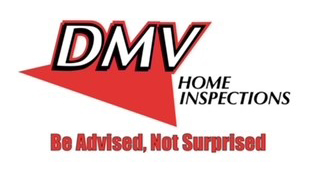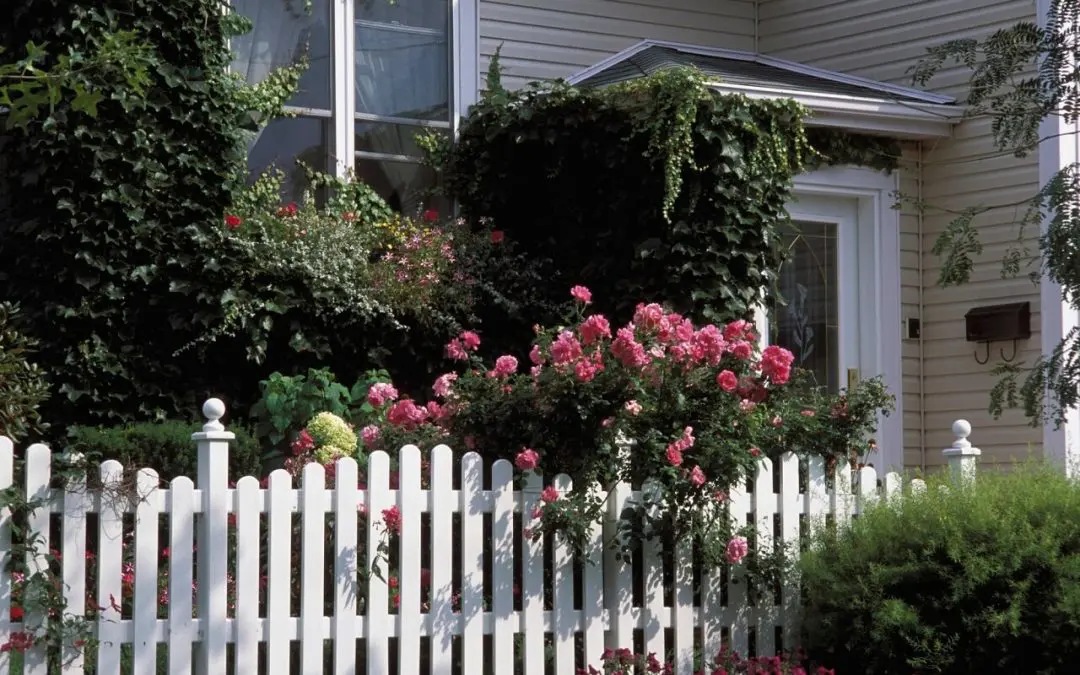When enhancing your property’s aesthetics, privacy, and security, fencing materials matter. With a wide array of options available, selecting the right material may feel overwhelming. Factors such as durability, maintenance requirements, cost, and overall aesthetic appeal come into play. To help you make an informed decision, let’s explore some of the most common fencing materials and their characteristics.
Types of Fencing Materials
Wooden Fencing Materials
Wood fences offer timeless appeal and natural beauty. It’s available in various styles, from picket fences to privacy fencing, allowing homeowners to achieve the desired look for their property. Cedar, pine, redwood, or other types of lumber are popular types of wood for fencing, each with durability and aesthetic qualities. While wooden fencing requires regular maintenance, including staining or painting and occasional repairs, many homeowners appreciate the warmth and charm wood adds to their outdoor space.
Vinyl
Vinyl fencing has become increasingly popular due to its low maintenance and durability. Unlike wood, vinyl is resistant to rotting, warping, and insect damage, making it an excellent long-term investment. Available in various colors and styles, vinyl fences can mimic the look of wood or complement modern architectural designs. While vinyl fencing may have a higher upfront cost, its minimal maintenance requirements can result in long-term savings for homeowners.
Metal Fencing
Metal fencing, typically made of aluminum or wrought iron, offers unmatched strength and security. Aluminum fences are lightweight, corrosion-resistant, and available in a range of styles, from ornamental to contemporary designs. Wrought iron fences, known for timeless elegance and intricate detailing, add sophistication to a property. While metal fences require little maintenance beyond occasional cleaning and rust prevention, they are more expensive upfront than other materials.
Composite
Composite fencing combines the best qualities of wood and plastic to create a durable, low-maintenance alternative. Made from recycled materials, composite fencing is eco-friendly and resistant to rot, decay, and insect damage. They come in various colors and textures, achieving the look of wood without the maintenance requirements. While composite fencing may have a higher upfront cost, its longevity and minimal upkeep make it a cost-effective choice in the long run.
Chain Link
Chain link fencing is a practical and affordable option for homeowners looking to enclose their property without obstructing the view. Made of interlocking steel wires, chain link fences are durable, weather-resistant, and low maintenance. While they don’t offer as much privacy as other fencing materials, they are effective for keeping pets and children safe and contained. Chain link fences can be customized with privacy slats.
The best fencing material for your property will depend on your needs, budget, and aesthetic preferences. By considering the pros and cons of each option, you can choose a fencing material that enhances the appearance and functionality of your outdoor space. Quality fencing is an investment in your home’s beauty, security, and property value.
Fencing Materials FAQs
Do I need a permit to install a fence?
Permit requirements vary depending on your location and local regulations. Contact your city or county planning department and your HOA to inquire about permit requirements, zoning restrictions, and applicable building codes before installing a fence.
What is the typical lifespan of different types of fencing materials?
Lifespan varies depending on the material and maintenance. Generally, wood fences can last 10-20 years with proper care, vinyl fences can last 20-30 years or more, while metal fences like aluminum or steel can have a lifespan of 20-50 years with minimal maintenance.
Can I install a fence myself, or should I hire a professional?
DIY installation is possible for some homeowners, particularly for simpler fence styles and smaller properties. However, complex installations or large projects require professional expertise to ensure proper alignment, structural integrity, and compliance with local regulations.
Can I install a fence on uneven terrain or sloped ground?
Yes, fencing can be installed on uneven terrain or sloped ground using techniques like stepped or staggered panels, terracing, or customizing fence sections to follow the land’s natural contours. Professional installers can provide guidance and solutions for challenging terrain.
How do I budget for a fence installation project?
Consider material costs, labor expenses, permit fees, and any additional features or enhancements you desire. Obtain multiple quotes from reputable contractors, factor in potential maintenance costs over time, and allocate a contingency budget for unforeseen expenses to ensure an accurate and realistic budget for your project.
DMV Home Inspections provides professional inspection services for homebuyers and sellers in the Washington, DC, metro area. Contact us to request an appointment.

